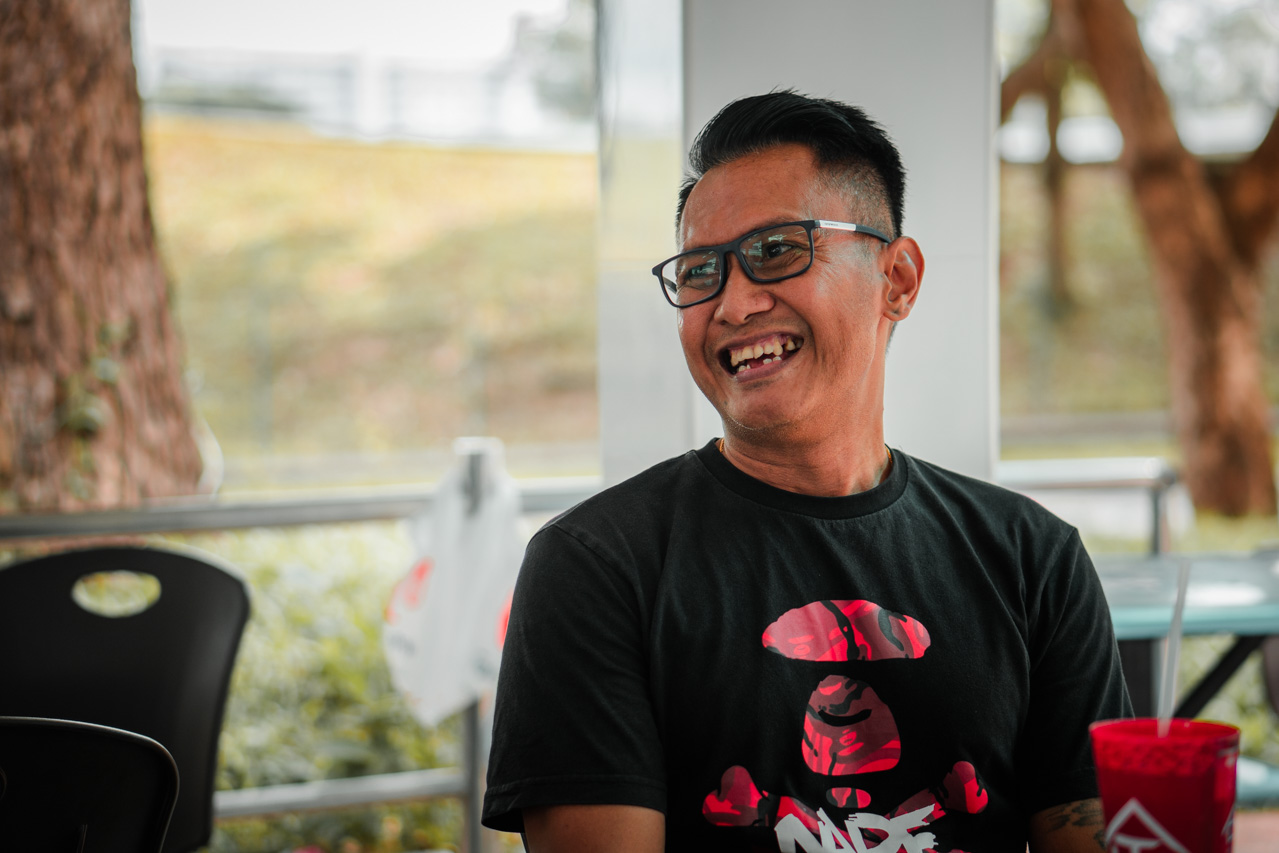When Matthew* came out of prison, he knew close to nothing about the pandemic.
“Inside, I was finding everything out through the 3-week-old newspapers we were given, and the officers only officially told us about what was happening when the Circuit Breaker (CB) was announced,” he shared.
Upon his release, Matthew was left to navigate a world drastically different than he remembered. He was shocked to see how bad the pandemic had gotten, and suddenly, his confidence in his ability to find employment plummeted.
Matthew became one of the 30% of ex-offenders who are unemployed—a number likely higher now with the recent recession.
The ex-offenders I spoke to both stated that finding a job was one of the most important elements of their reintegration. But before they could get to that, they had countless bureaucratic processes to go through.
“Even taking transport and topping up their EZlink can be difficult tasks for them to perform after many years in prison,” said Joey Fong, a 26-year-old working at Industrial & Services Co-Operative Society (ISCOS), which works with ex-offenders and their families.
Another important process is getting their SingPass up and running, as it’s essential for housing, health, and employment.
“All of this takes longer now because of the pandemic, and society often overlooks how performing these tasks add a lot of pressure on them,” Joey explained. “Many organisations and services that ex-offenders use have been reduced, closed, or have gone virtual because of the pandemic.”
Only once these are sorted can many ex-offenders move on to the job application process, which they are often disadvantaged in already. Rather than being looked at for their individual values, ex-offender applications are often discarded the moment employers find out about their past.
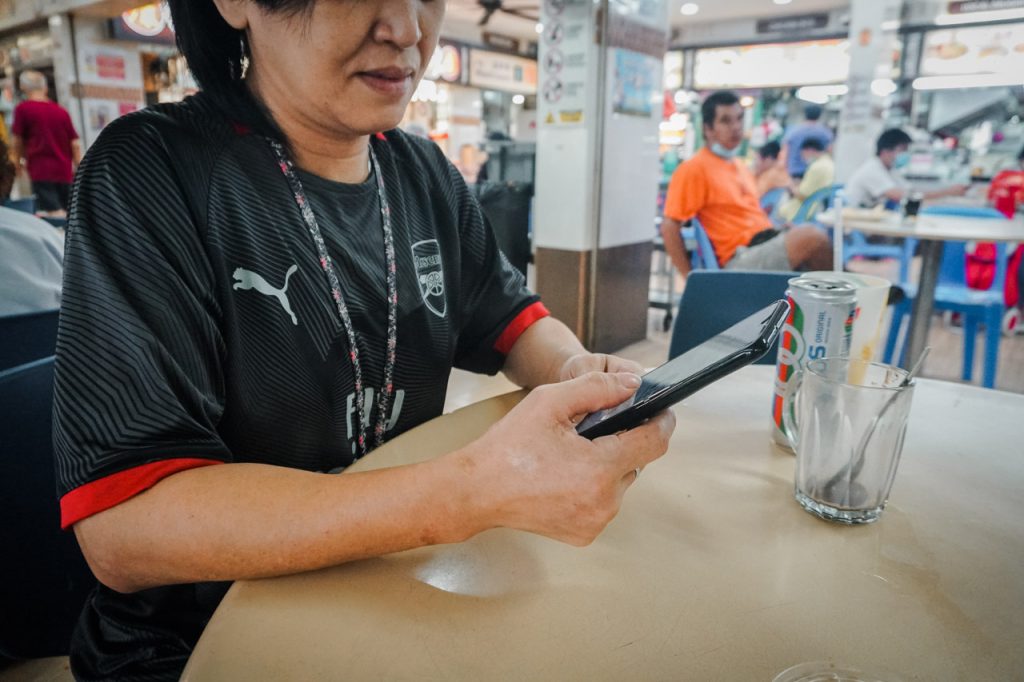
“I applied to be a cook at a kindergarten. They said they would give me a chance and interview me, but when I filled out the forms, there was a box that said, ‘Have you been to court before?’” she recounted.
“The moment they submitted the form to MOM, they gave me a stare. They went quiet, then said that because of my past they can’t hire me.”
In the US, there is a ‘ban the box’ campaign that pushes for companies to refrain from asking interviewees about their records.
“The point is to actually look at the person as a person, look at their job skills and then find out, if there is a conviction history, does it have something to do with the job,” said Mark Fujiwara of Prisoners with Children, the nonprofit that initiated the campaign.
In Singapore, however, it is still accepted practice for employers to ask interviewees about their criminal history. A 2016 Straits Times article referred to this barrier to entry as a ‘second prison’: “Former offenders’ applications are often filtered out, and employers are unwilling to hire them.”
“When former convicts are unable to secure a job, they are unable to afford basic necessities and cannot move up the social ladder. Not surprisingly, many return to their old ways. The recidivism rate in Singapore is a significant 25 percent. The solution? Improve employment opportunities.”
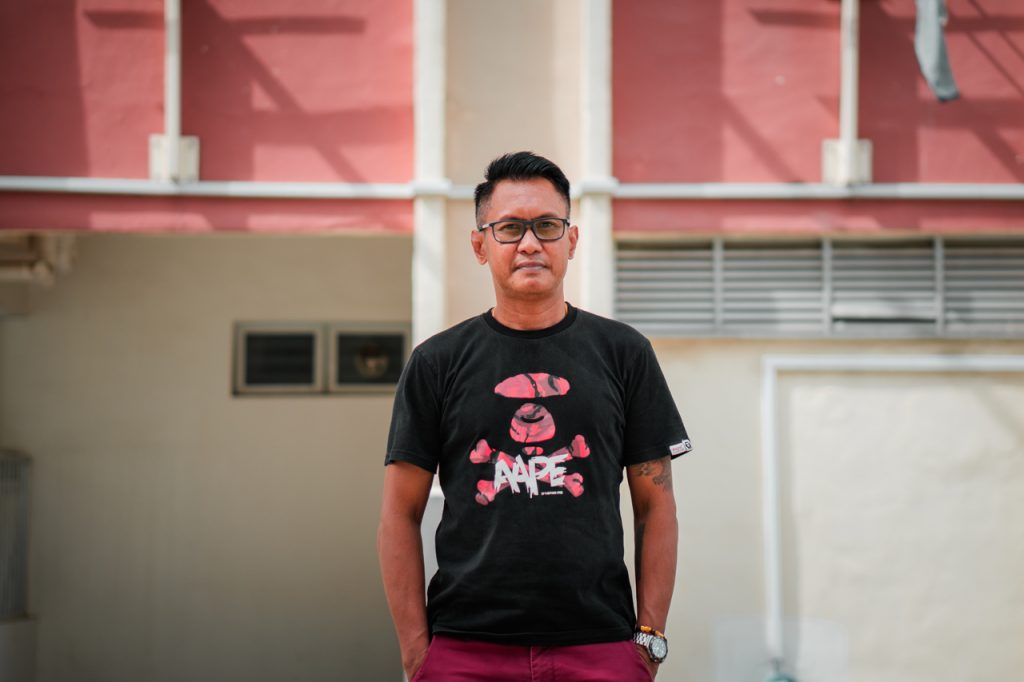
Joey explained that when ex-offenders are released into society, they have extremely low self-esteem, and need time to readjust from prison where they lived a very different lifestyle for years.
Inmates go from being supported with training and counselling in prison, to little to no support outside. And specifically, what holds many back is coming out and not knowing how to use the new and modern technologies that have become the norm while they were inside.
This is an especially difficult struggle for older inmates who were in prison for many years, as the abundance of technologies society has adopted in the time can be overwhelming.
During this pandemic, older ex-offenders have felt this disparity more as technology has become a vital component in all aspects of employment—from Zoom meetings to virtual interviews. There is no escape.
53-year-old Safari Bin Ahmad has spent almost half of his life in jail for drug related offences.
“I first got caught at 15, then 17 again. From there, it went on until now. It’s been over 20 years,” he told me.
When Safari was released, his experience with technology was extremely limited. Luckily, he had family and friends that helped him get back on his feet. Others are not as fortunate—many ex-offenders he knew came out with no income, no savings, homeless, and with no family to rely on. For them, applying and interviewing for jobs in a now virtual world can be near impossible.
In these cases, organisations like ISCOS try to help by providing these individuals with mobile phones. But as Joey says, the organisation can only help those who reach out—which is often very few when many individuals are embarrassed to seek it.
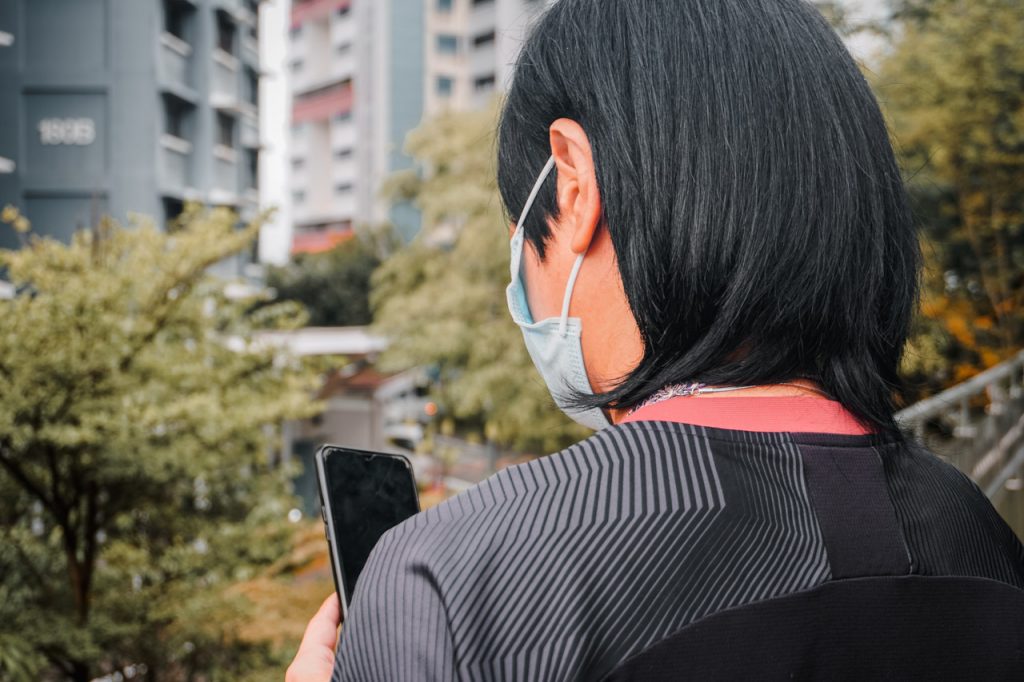
“I felt so ashamed,” she explained, discomfort still lingering in her voice.
“I’m not used to this. What if I show my face and then they don’t hire me? When they see me around will they say ‘oh this one I interviewed but I rejected?’”
“We are already sharing our stories with a stranger, and it’s over a call too now. So there are all these barriers which are uncomfortable to get past.”
With the support of her family and the organisations she sought help from, Alice was able to overcome her fears and try out multiple virtual interviews, which eventually got her a job at a popular healthy food chain. However, it did take time for her to get used to the customs of virtual meetings.
“I scared the shit out of the first lady who interviewed me,” she shares, laughing, “She asked me about my past so I gave her all the details, I didn’t know what I was supposed to share and what not.”

Over the years, Alice says she has met many ex-offenders who do not have the same mental strength and persistence as her.
“Some of my past inmates say that society doesn’t accept them so they have no chance at finding a job. They keep going in and out of prison. They treat it like a shelter, a home,” she explaines.
“I asked them if they were tired of being in jail for so long, but they said that they were used to it already. They had their friends, and free food.”
The barriers to entry and heightened anxieties of stepping into a changed world can be overwhelming for many, leading them to retreat to their ‘comfort zone’—prison. But with the right support and resilience, many individuals manage to successfully reintegrate.
“With my past, I always feel out of place. I am back, but even months later, I feel judged. I feel like I’m always being looked down on,” Safari admits.
Joey shared that because many ex-offenders feel like they are constantly being judged, all it takes is one scolding from a manager, or to be treated badly by one customer, for them to want to misbehave or quit.
“On top of that, society often overlooks the issues they have,” Joey adds.
“For example, if an ex-offender doesn’t perform at work, it’s easy to say he doesn’t want to try his best or help himself. But often, there are underlying issues—he may have 5 kids at home to take care of, medical issues, ageing parents, a low-income household. He may be learning how to adapt to new technologies. It takes time to take back control of such situations after coming out of prison.”
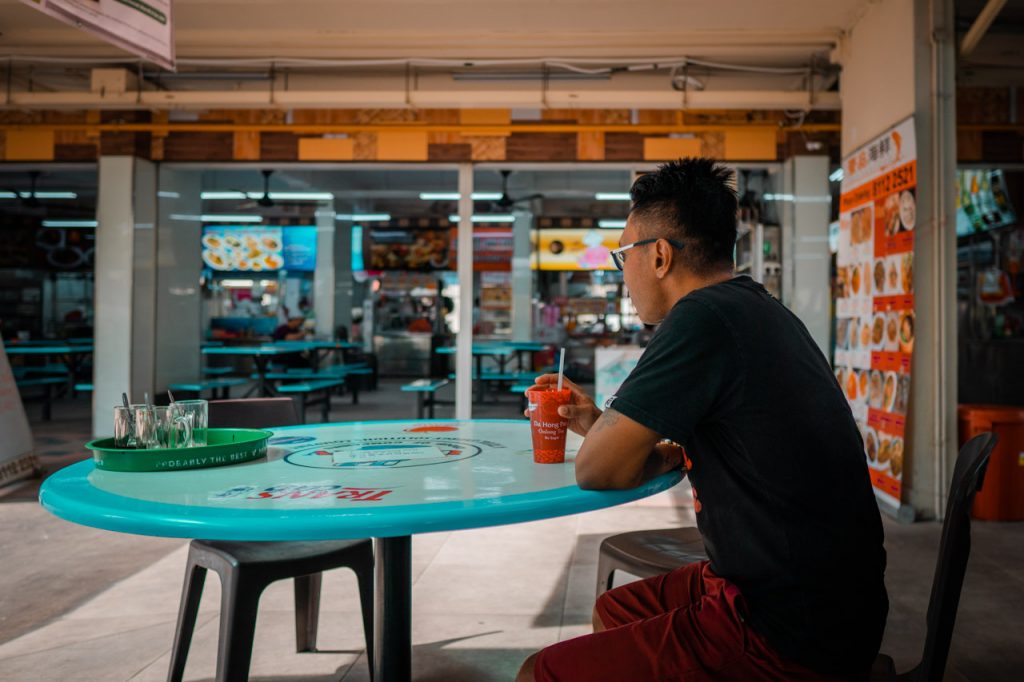
“I went to an MP and told him that I wish the government would train managers on how to work with ex-offenders,” Safari says. He shared that he had worked with multiple managers who couldn’t accept his past, and that many of his past colleagues lacked patience when he was trying to adjust to a new life.
But despite the setbacks, there are silver linings. Certain companies, like Penang Culture and Xtreme Laundry, continued their hiring efforts after the CB to give opportunities to ex-offenders. Other companies, like The Privé Group, held on to the existing hires they had made throughout the pandemic.
“I remember when I would apply for jobs, and I would see the expression on an employer’s face change when he saw I had been in jail. It was heartbreaking,” Alice shares.
“But there are companies who are dedicated to helping us, and there also managers who try their best to make us feel welcome and accepted. It’s people like them that make all the different to us.”
*Name has been changed to protect profiles’ identity.

